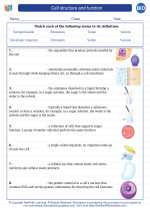Blood
Blood is a specialized bodily fluid that is essential for transporting nutrients, oxygen, waste products, and immune cells throughout the body. It is composed of several different types of cells suspended in a liquid called plasma.
Composition of Blood
1. Red Blood Cells (Erythrocytes): These cells are responsible for carrying oxygen from the lungs to the rest of the body and transporting carbon dioxide from the body tissues back to the lungs.
2. White Blood Cells (Leukocytes): These cells are involved in the body's immune response, defending against infections and foreign invaders.
3. Platelets: Cell fragments that play a crucial role in blood clotting to prevent excessive bleeding.
4. Plasma: The liquid component of blood that carries the cells and various substances such as proteins, hormones, and waste products.
Functions of Blood
1. Transportation: Blood carries oxygen, nutrients, hormones, and waste products to and from the body's cells.
2. Regulation: Blood helps regulate body temperature, pH balance, and fluid balance.
3. Protection: White blood cells in the blood help defend the body against infections, and blood clotting prevents excessive bleeding.
Study Guide
Here are some key points to focus on while studying the topic of blood:
- Understand the composition of blood, including the different types of cells and their functions.
- Learn about the functions of blood, including transportation, regulation, and protection.
- Explore the process of blood clotting and its importance in preventing excessive bleeding.
- Understand the role of blood in the immune system and its importance in defending the body against infections.
- Study the different blood types and their compatibility for blood transfusions.
Remember to review diagrams and illustrations of blood cells and the circulatory system to enhance your understanding of this topic.
.◂Biology Worksheets and Study Guides High School. Cell structure and function
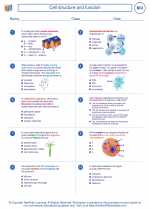
 Worksheet/Answer key
Worksheet/Answer key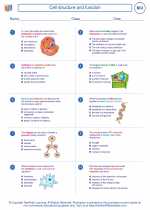
 Worksheet/Answer key
Worksheet/Answer key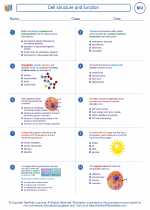
 Vocabulary/Answer key
Vocabulary/Answer key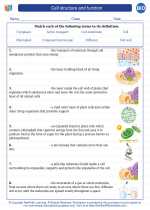
 Vocabulary/Answer key
Vocabulary/Answer key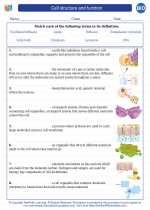
 Vocabulary/Answer key
Vocabulary/Answer key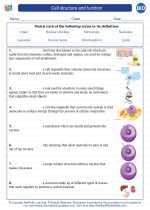
 Vocabulary/Answer key
Vocabulary/Answer key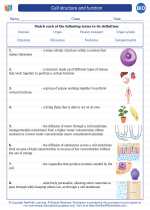
 Vocabulary/Answer key
Vocabulary/Answer key